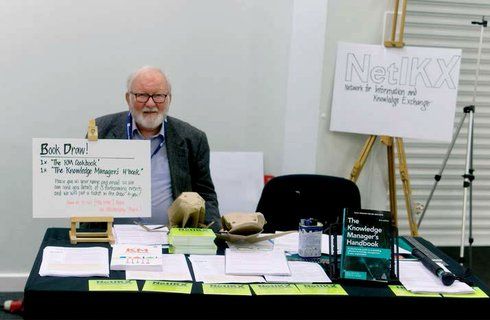July 2014 Seminar: Selling Taxonomies to Organisations
Summary
The NetIKX seminar for July addressed the need for a taxonomy and its potential to the organization.
There were two case studies presented. The first from Alice Laird, (ICAEW), faced the business case quandary head on. How did they get hard headed Finance to budget for their taxonomy plans? The winning move here was to show in small scale the value of the work. People in the business realised that the library micro-site was the best place to find things and asked why this was so. The knowledge management team were able to demonstrate how the taxonomy could increase organisational efficiency and so helped prove the case to all website users.
The second case study looked at using a taxonomy to help share data between different organizations in the UK Heritage sector. In a talk called ‘Reclassify the Past’, Phil Carlisle (English Heritage) entertained us giving both the successes and the difficulties. Highlighting what could go wrong was a good way to sell a structured taxonomy project. Search, even with a good search engine is more complex than many people realise and poorly organised metadata can cause problems that ‘Google it!’ may not solve. The session ended with a lively set of discussions.
Both case studies provided valuable tips for running a taxonomy project.
Speakers
Alice Laird is the Taxonomy Project Manager at the Institute of Chartered Accountants in England and Wales (ICAEW). Alice leads a team of two taxonomy full-time taxonomy consultants and one external consultant to create the ICAEW taxonomy and implement it on the ICAEW website.
She liaises with stakeholders in the selection and purchase of suitable taxonomy and auto-classification software. She liaises with stakeholders in the creation and implementation of taxonomy and metadata.
Phil Carlisle is a Data Standards Supervisor at English Heritage and has a wealth of experience (both nationally and internationally) in explaining the need for taxonomies and developing them for the historic environment community.
Time and Venue
2pm on 3rd July 2014, The British Dental Association, 64 Wimpole Street, London W1G 8YS
Slides
No slides available for this presentation
Tweets
Blog
See our blog report: Selling Taxonomies to organisations, Thursday July 3 2014



